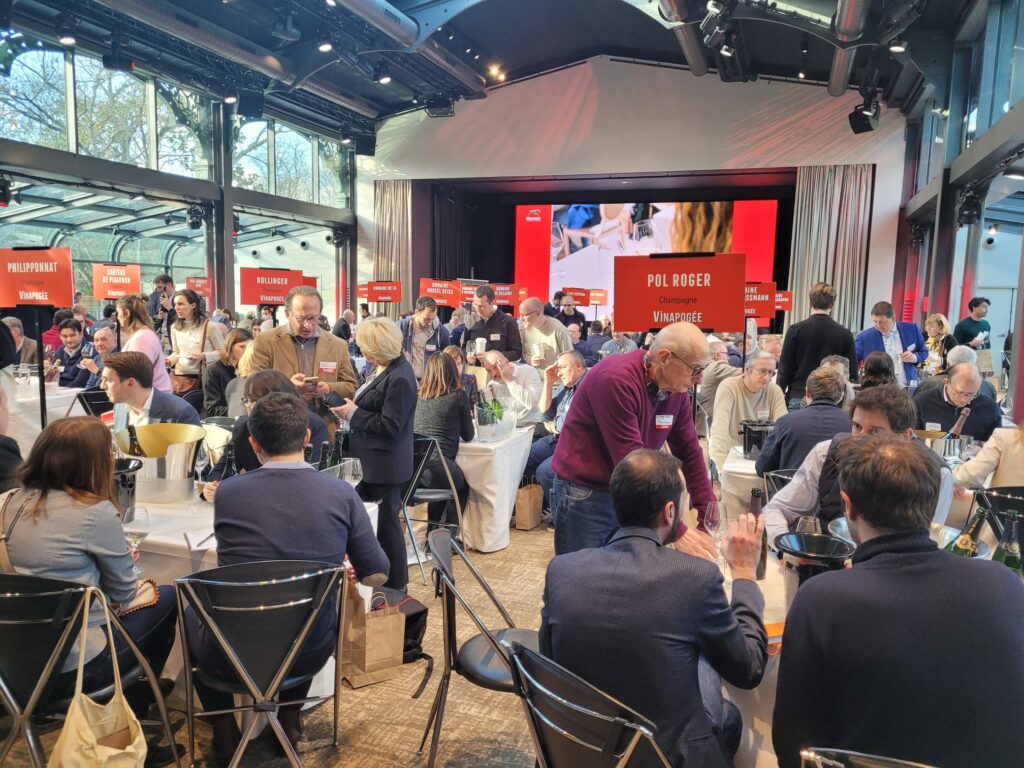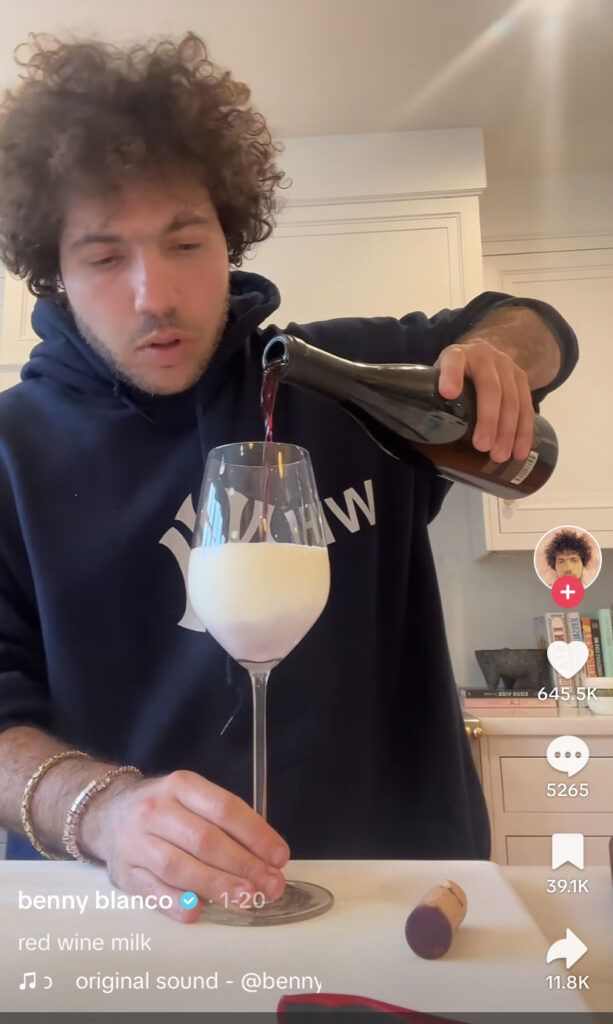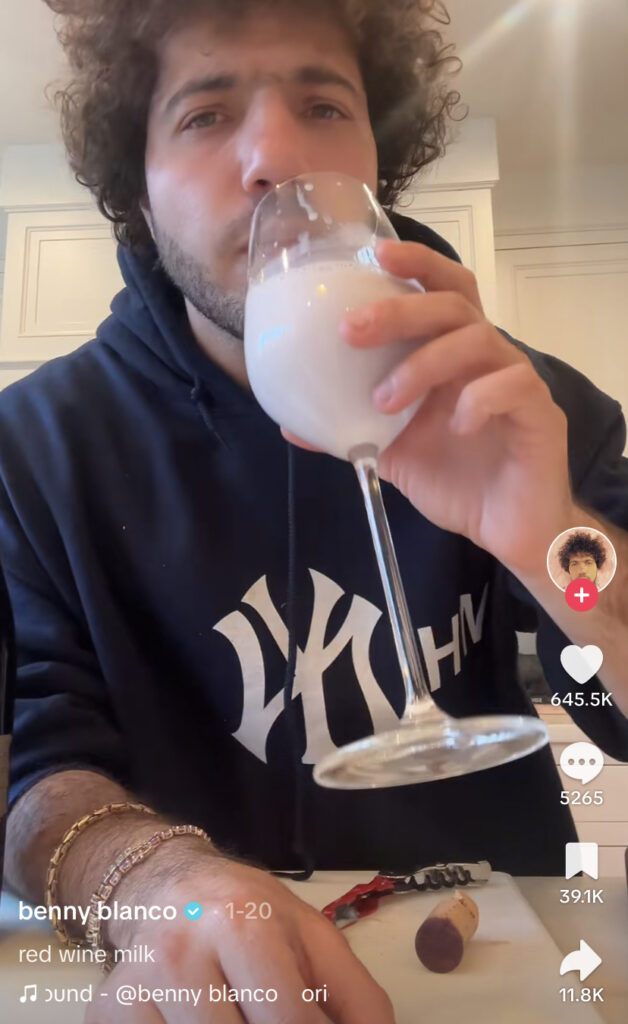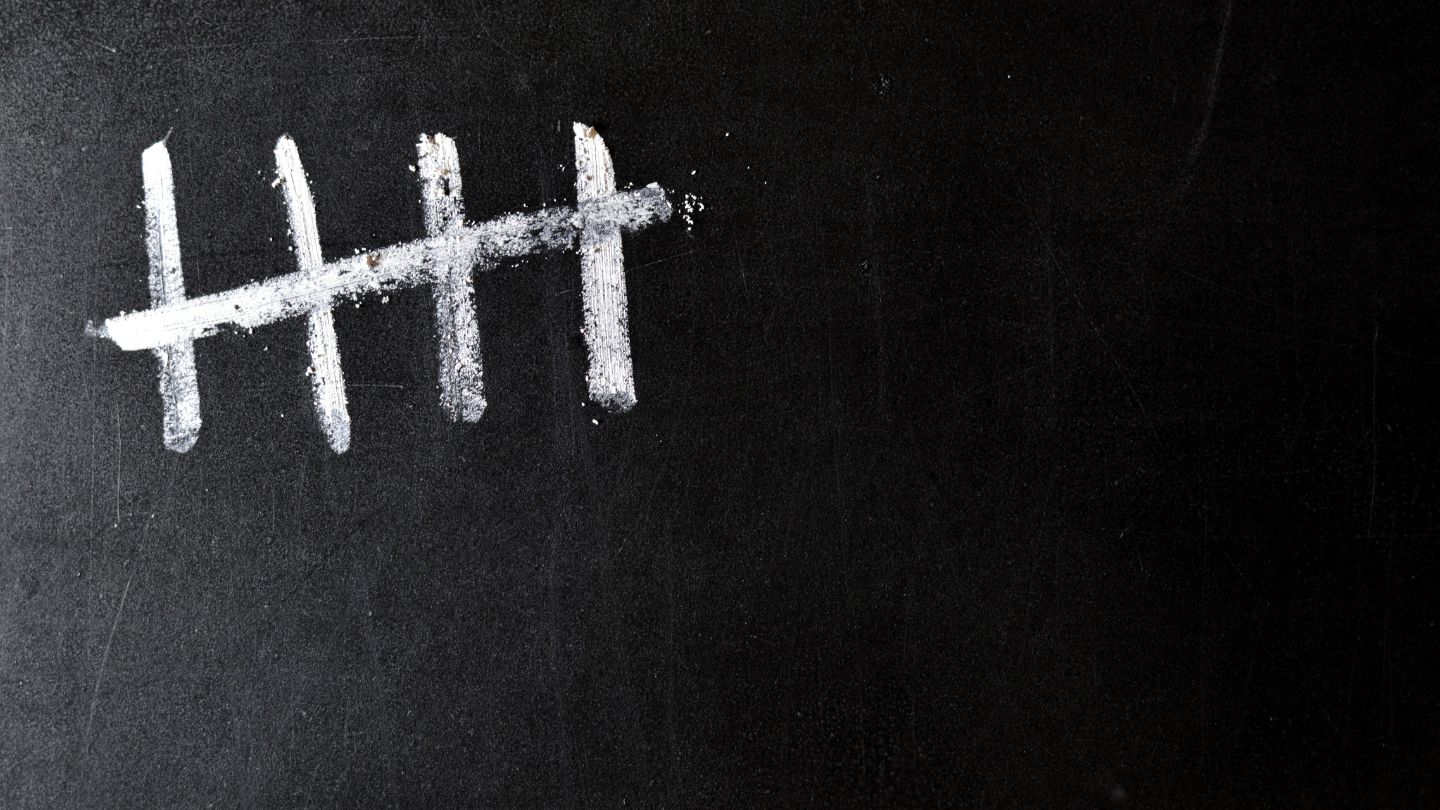5 Things We Learned in January 2024
Taste calibration, post-Covid sensory disruptions and new ways to drink red wine — we learned about all this and more in our fine wine trends January 2024.
1. The way tasting is taught needs to change
Pascaline Lepeltier is one of the world’s most renowned sommeliers, so it was a privilege for Areni Global to have her on our latest podcast, Teaching for Tomorrow.
Among her many interesting insights is the idea that it would be better to teach sensory education in a more systematic way, through demonstrating how wine production impacts the final aromas and flavours. A variety that undergoes cool fermentation will produce markedly different aromas, for example, than one that’s been through carbonic maceration.
Secondly, wine professionals need to calibrate their own sensory abilities. This would be more helpful than teaching that Syrah has pepper characters — what happens if you’re anosmic to pepper, meaning you’re unable to smell it? Or if you’re hypersensitive to it?
And how do you know that about yourself, unless you’re tested?
This problem came into focus for CEO Pauline Vicard when she visited Vinapogée in Paris in January. She attended a tasting workshop with neurobiologist Gabriel Lepousez from the Insitut Pasteur, who explained that everyone has different thresholds when it comes to recognising specific aromas, from faults like TCA to specific varietal characters.
She says the workshop made her realise why she can’t stand wines with violet aromas; “I am hypersensitive to it. When my fellow workshop-ists described it as ‘a pleasant flower perfume’, for me it was overpowering, overwhelming and almost sickening. Gabriel revealed that he, himself, couldn’t smell anything.”
Pauline says Lepousez explained that there are around 350 genes dedicated to smell alone, and that the ability to smell varies considerably between individuals. “If you are odour blind, there is nothing that can change that,” she says. “But there are strategies to be developed in order to counteract that, but you first need to be aware of your own body’s capacities.”
This calls for a revolution in the way that wine tasting is taught — one that’s well overdue.

2. A new group of people are abandoning alcohol
Could the news about falling wine consumption get any worse? Yes, unfortunately, it can.
There is now a new class of people who aren’t drinking — people who have had Covid.
It’s well-known that Covid can disrupt smell and taste, but apparently it also makes some people sensitive to alcohol. A new medical study, published in December 2023, suggests that some people will develop an intolerance to even tiny amounts of alcohol post-Covid. Symptoms range from crushing headaches to hangover-like effects that last for days.
Bring back masks in airports.
3. It’s time to rethink the door into wine
Participants at our recent Harnessing Reputation online discussion said the way consumers enter the wine category has changed. Once upon a time, high scores and easy-drinking wines were the way to open doors; the assumption was that once people thought of themselves as wine drinkers, they would naturally trade up to better wines.
And for a long time, that strategy worked.
What we heard from participants, however, is that things have changed in the past couple of years.
“People are not coming in through easy-drinking wines any more,” said one industry insider. “Instead, they’re going straight to the $75 or $100 wine on a wine list. What they’re interested in now is mindful drinking, where every purchase matters.”
Given this, companies might want to think twice about releasing wines laden with sugar, or plumped up with oak chips — it’s possible that if those are the first wines that fledgling wine drinkers encounter, it might drive them away from the category altogether.
4. Wine tourism numbers may be about to improve
Before the pandemic, the Chinese were globe-trotters, injecting huge amounts of cash into the economies they visited. Since Covid restrictions were lifted, they have largely stayed at home and explored China.
According to the New York Times, there are some small signs that things are changing. First, bureaucratic hurdles to obtain passports and visas have been solved, making it easier for the Chinese to travel overseas. Second, the Chinese airlines have too much excess capacity, so the Chinese government is pulling out the stops to encourage Westerners to visit China and fill those seats.
Hopefully this will mean an exchange of tourists that could be good for wine. Many cashed-up tourists to China will be looking to have a glass of wine with dinner, while Chinese visitors will return to restaurants and department stores in Europe. And maybe even wineries or wine regions.
It will take some time — the article says the number of Chinese people travelling may not return to its pre-pandemic levels for another two years. But it’s something.
5. What’s next for red wine?
Ever heard of TikToker Benny Blanco? Neither had we, until we read the latest edition of Australia’s That Was the Week That Was newsletter from Wine Business Magazine. Editor Anthony Madigan discovered that US influencer Benny Blanco had filmed himself mixing red wine with milk, and then drinking it.
Blanco said he liked the taste. So far the video has had more than 7.5 million views, and more than 5,110 comments.
Make of that what you will.


To keep in touch with our research, analysis and events, subscribe to our newsletter.

